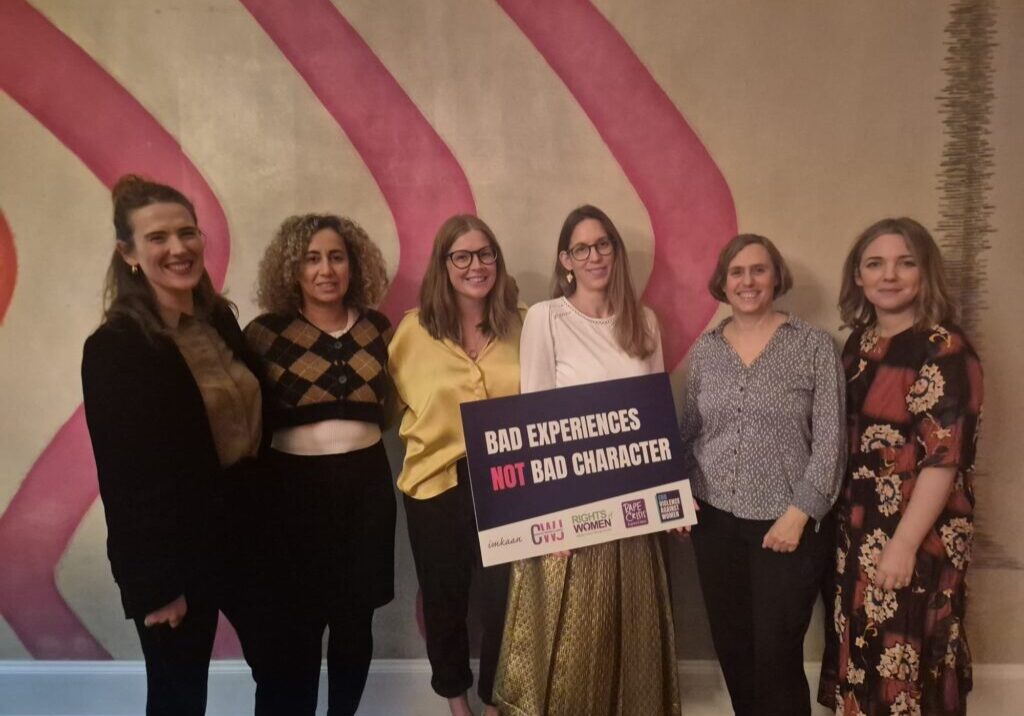
Domestic violence
Domestic violence is any incident or pattern of incidents of controlling, coercive or threatening behaviour, violence or abuse between those who have been intimate partners or family members.
Domestic violence occurs between those aged 16 or over and regardless of gender or sexuality. It can begin at any stage in a relationship.
Controlling behaviour involves acting in a way to make a person feel inferior and/or dependent by isolating them from sources of support (e.g friends and family) and taking away their independence, freedom, and controlling their everyday behaviour.
Coercive behaviour is an act or a pattern of acts of assault, threats, humiliation and intimidation or other abuse that is used to harm, punish, or frighten.
Domestic violence often involves some or all of these types of abuse:
- Psychological and emotional (e.g. telling someone they are worthless, saying they are mad and/or making them do things in an exact way).
- Physical (e.g. hitting, punching, scratching, biting, scalding and/or pulling hair).
- Sexual (e.g. forcing someone into sexual activities against their will, using objects violently during sex and/or forcing someone to have sex with another person when they do not want to).
- Financial (e.g. preventing them from getting or keeping a job, denying them sufficient housekeeping and/or having to account for every penny spent).
Signs of domestic abuse
As most people experience problems in their relationships, it is sometimes difficult to know what an abusive relationship looks like. Signs may include:
- Persistent criticism that makes you doubt or question yourself.
- Feeling anxious, stressed or scared around your partner.
- Feeling like you partner will not let you see your family of friends.
- Not speaking out because you are worried about how they will react.
- Your partner’s behaviour is unpredictable, and they are easily angered.
- Being told what you can or can’t do/who you can or can’t see or asking where you are all the time.
- Emotional blackmail or threatening behaviour.
- Hitting or threatening to hit you.
- Sexually assaulting you.
- Threatening to hurt themselves if you leave them.
Abused people are not weak, submissive victims. It takes huge strength to live with an abusive partner. To survive in that situation you have to be strong and resourceful, adopting all kinds of coping strategies to survive each day.
It is important to remember that only the abuser is to blame for their behaviour.
Support
No relationships are the same, but depending on your individual experiences, you might need specialist advice and support. Even if you do not feel ready to end the relationship, there are ways to get help.
If you are in immediate danger, call 999. If you can’t speak and are on a mobile, press 55 to be transferred to the police.
You can also call the 24-hour National Domestic Violence Freephone Helpline on 0808 2000 247 for free, confidential help and support.













